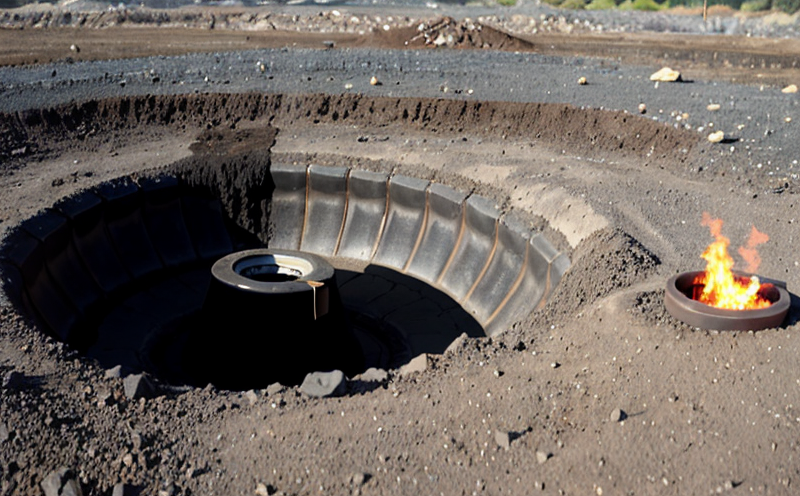Comprehensive Coal and Fossil Fuel Quality Testing
Comprehensive coal and fossil fuel quality testing is a critical component in ensuring reliable performance, compliance with international standards, and the safety of industrial processes across various sectors. This service encompasses a wide range of tests designed to evaluate key properties that impact combustion efficiency, emissions, and overall product quality.
The testing process begins with thorough sample preparation, which involves cleaning and drying the coal or fossil fuel samples according to industry standards like ISO 1927-1:2016 for coal. From there, a series of tests are conducted using advanced instrumentation such as proximate analysis (ISO 5665) and ultimate analysis (ASTM D189). These analyses provide essential data on moisture content, ash, volatile matter, fixed carbon, sulfur, and calorific value.
For more specialized testing, we utilize gas chromatography for the determination of trace elements and organic compounds. This is crucial in identifying potential contaminants that could affect the quality or efficiency of the fuel. Additionally, particle size distribution (ISO 13566) analysis helps determine how well the coal will behave during combustion.
Our comprehensive testing also includes emission testing to meet environmental regulations such as those set by the EPA and ISO standards related to particulate matter, nitrogen oxides, sulfur dioxide, and carbon monoxide. These tests are vital for understanding the impact of fossil fuel usage on air quality and helping industries comply with stringent emissions limits.
The importance of this testing cannot be overstated. It ensures that fuels meet specified quality standards, which is essential for optimizing industrial processes such as power generation, steel production, and cement manufacturing. By providing precise data, these tests help prevent equipment damage, reduce operational costs, and minimize environmental impact.
Why It Matters
The quality of coal and fossil fuels directly impacts the efficiency and safety of industrial operations. Poor-quality fuel can lead to reduced boiler efficiency, increased wear on machinery, higher emissions, and even安全事故已结束





